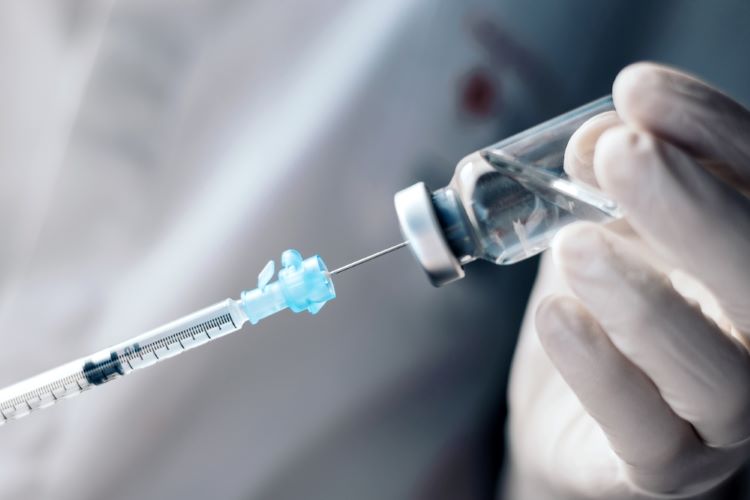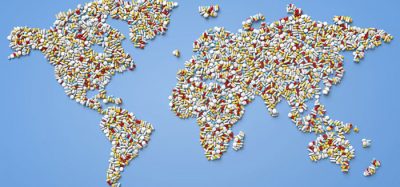Vaccines “essential” for addressing AMR, says WHO
The World Health Organization (WHO) asserts that vaccines could reduce antibiotic use as well as economic costs of antimicrobial resistance (AMR) worldwide.
A new report by the World Health Organization (WHO) has emphasised the importance of vaccines in addressing antimicrobial resistance (AMR) globally.
For example, the report explained that “vaccines against 24 pathogens could reduce the number of antibiotics needed by 22 percent or 2.5 billion defined daily doses globally every year”.
Vaccines are a key part of helping to reducing AMR because they “prevent infections… and slow the emergence and spread of drug-resistant pathogens”, WHO explained.
The organisation’s report offers recommendations aimed at stakeholders, to improve the impact that vaccines have on AMR.
Turning the tide on AMR
WHO shared that a political declaration approved on 26 September at the 79th United Nations General Assembly High-Level Meeting on AMR, committed to clear goals and actions. These included the importance of patient access to medicines and treatments, in addition to initiatives to accelerate innovation and development in overcoming AMR.
The new report elaborates on an earlier WHO study. The research highlighted that current vaccines for pneumococcus pneumonia, Haemophilus influenzae type B and typhoid could prevent up to 106,000 of AMR-associated fatalities annually.
vaccines against 24 pathogens could reduce the number of antibiotics needed by 22 percent or 2.5 billion defined daily doses globally every year”
A further 543,000 of these deaths could be avoided worldwide with new vaccines for tuberculosis (TB) and Klebsiella pneumoniae, according to the study.
WHO explained that new vaccines for tuberculosis are in clinical development and one for Klebsiella pneumoniae is in early development.
“Addressing antimicrobial resistance starts with preventing infections, and vaccines are among the most powerful tools for doing that,” commented Dr Tedros Adhanom Ghebreyesus, WHO Director-General. “Prevention is better than cure, and increasing access to existing vaccines and developing new ones for critical diseases, like tuberculosis, is critical to saving lives and turning the tide on AMR.”










